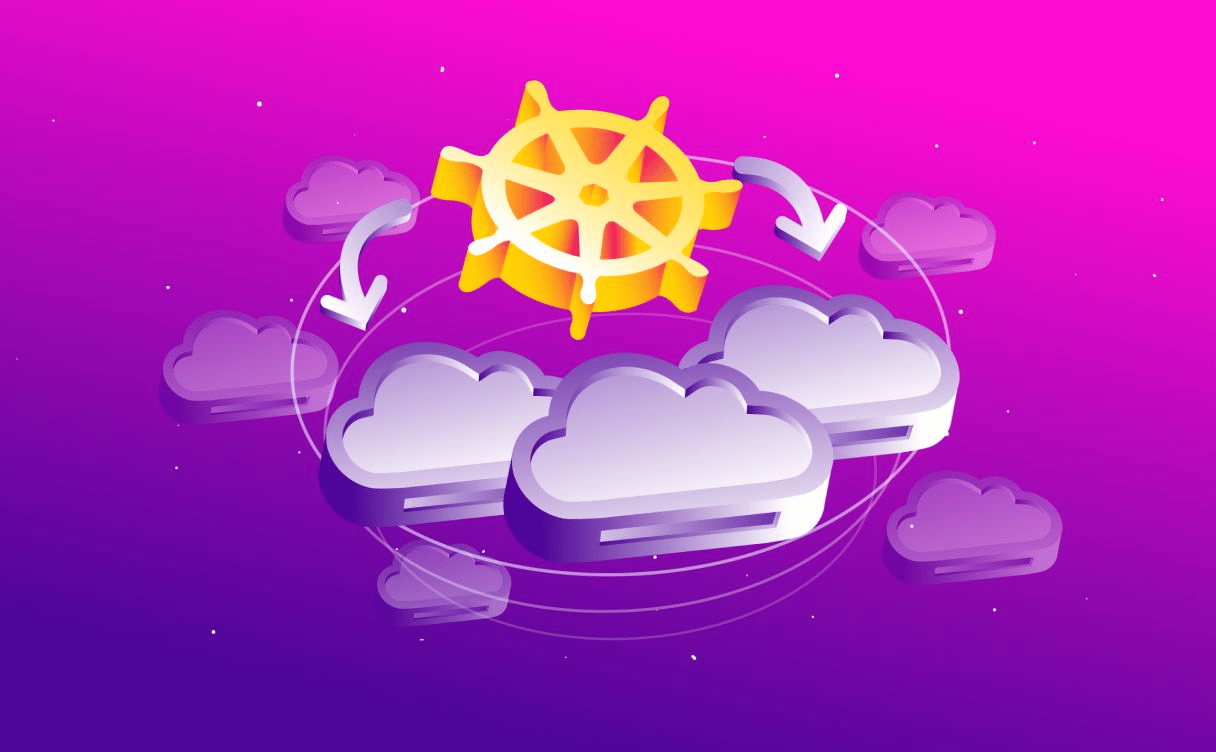
60+ Tools to launch and scale your MVP with no budget
Creating, launching, and scaling your Minimum Viable Product (MVP) is no small task. To help you on those missions, here are a few budget-friendly tools to help you bootstrap your startup.

Over the past decade, many startups have been lured into believing a myth: that one cloud provider can cover all of their needs. The bait? Six-figure cloud credits, which provide cash-strapped teams with the initial infrastructure they need to set up their business. Whilst these credits appear free at first, their true nature is revealed if the startup tries to leave – certain providers will ask them to pay egress fees, often amounting to a similar value as the initial cloud credits they received.
Today, such fees are no longer inevitable. Firstly, not all cloud providers charge them. And secondly, 80% of cloud client needs are covered by just 20% of the products offered by most providers.
This potential for mobility between clouds means the coast is now clear for a new, better approach for startups: the multi cloud.
Ask a dozen people what the multi cloud is, and you'll get as many answers. For some, it's a particular type of technical setup. For others, a philosophy. Most commonly, you'll get variations on one of the following responses:
Those for whom availability and service reliability is paramount, will view the multi cloud as ensuring redundancy. For others, it's a path to more efficient architecture, making use of an otherwise unavailable compilation of products and services from various cloud providers. And then there are those who are fed up with some Cloud Service Providers’ (CSPs’) anti-competitive practices, and proselytize the multi cloud as a fight for independence. Notably, none of these are mutually exclusive – the multi cloud is all of the above, and more.
Underpinning all these responses is a simple principle: choice. The choice to leave, move between and combine cloud services from various vendors. And, today, this choice matters more than ever.
Cloud services have evolved rapidly over the past decade and so have their scale, complexity, and impact. No single vendor can meet every technical and non-technical need of clients. Moreover, with digital comprehension increasingly permeating public discourse, the social and environmental impacts of cloud computing are coming under increased scrutiny.
In other words, the multi cloud is not just about avoiding having to pay astronomical fees to leave a cloud provider. It's also about data sovereignty, technical flexibility, sustainability, and abandoning anti-competitive practices that have no place in a massively growing sector that has clearly expressed its preference for a multi-cloud approach.
Here are 4 more reasons why the multi cloud is more important than you might think.
Data stored in the servers of US-based tech companies can be accessed by US intelligence agencies, regardless of data storage locations (CLOUD Act, 2018). This means that data hosted by three of the world’s biggest cloud providers can be seen by the US government, even if the data center itself is on foreign soil.
Doctolib – a doctor-booking platform notably tapped by the French government to schedule COVID-19 vaccinations online – found itself a subject of controversy recently, as it uses a US cloud provider, potentially making French citizens’ sensitive medical information accessible to the US government. Meanwhile, other companies such as Familink and LockSelf have switched from US to European CSPs to meet the demands of privacy-concerned clients, and to maintain the highest possible standards of data security.
Accordingly, with data protectionism on the rise not only in the corridors of European institutions but also among the broader global population, having a different cloud provider depending on where your clients are can potentially unlock more business.
With the cloud's carbon footprint eclipsing that of aviation, it's no surprise the sector is under increased pressure to do its part in combating climate change. Fortunately, such trends as increased data center efficiency, equipment reuse, and energy-efficient products, among other things, are paving the way towards a more sustainable industry.
Still, green data centers are far from ubiquitous. For startups struggling to make ends meet, technical and cost considerations take center stage, meaning sustainable hosting may be less of a priority.
With the multi cloud, it's not an either-or. Working with several cloud providers makes it possible to have at least some of your data hosted in less ecologically-impactful data centers – an initiative that will resonate not only with customers, but with talent, too.
Be it due to cost or technical considerations, every CTO will at some point consider switching cloud providers. Even if you can stomach the gargantuan egress fees, the technical hurdles posed by lack of compatibility are not insignificant. Especially if the core DevOps team has been trained to work with a specific cloud provider.
Implementing a multi-cloud approach from day one will secure future flexibility of choice. Container and Serverless architectures are already taking the world by storm. Using them will help with any future partial or total switches between cloud providers, all while enabling broader access to an already-strained talent pool.
Building a product is a discovery process – the end result is rarely what was originally envisioned, and getting there takes you through countless iterations. As your understanding of what's required evolves, you might realize that the service that made you choose a particular cloud provider is ultimately unnecessary. Or has been oversold. Or is done better by someone else.
This is a potential nightmare scenario when you've gone all-in on the single-cloud route. Whereas with a cloud-agnostic approach, it's a headache at worst. The technical flexibility of the multi cloud allows you to take the best out of every player, and build constrained only by your imagination, rather than by the offerings of your vendor.
The multi cloud is on a rapid rise and looking to solidify itself as the status quo in the coming years. Currently, 76% of companies already use two or more cloud providers. So why put all your eggs in one basket, if you don't have to?
Every cloud provider has its strengths and weaknesses, but you no longer have to settle. Now more than ever, startups are free to choose!

Creating, launching, and scaling your Minimum Viable Product (MVP) is no small task. To help you on those missions, here are a few budget-friendly tools to help you bootstrap your startup.

Using Kubernetes in a Multi-Cloud environment can be challenging and requires the implementation of best practices. Learn a few good practices to implement a concrete multi-cloud strategy.

Multi-cloud environment presents multiple perks: redundancy, reliability, customer coverage, etc. It also raises questions we will address here about the management and implementation of Multi-Cloud.